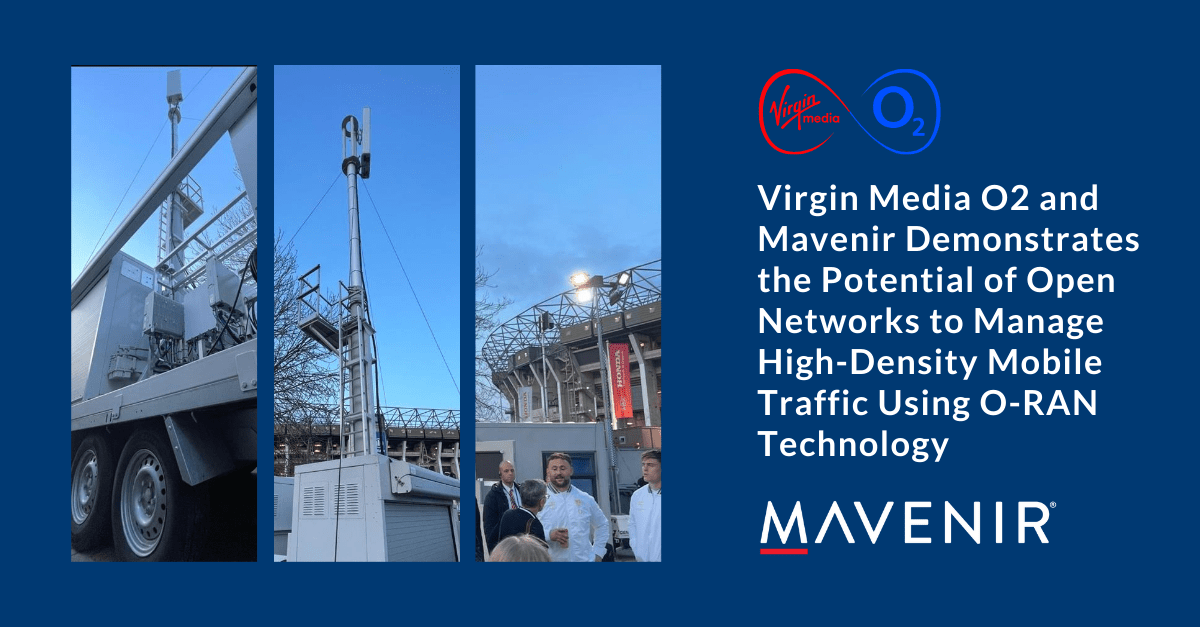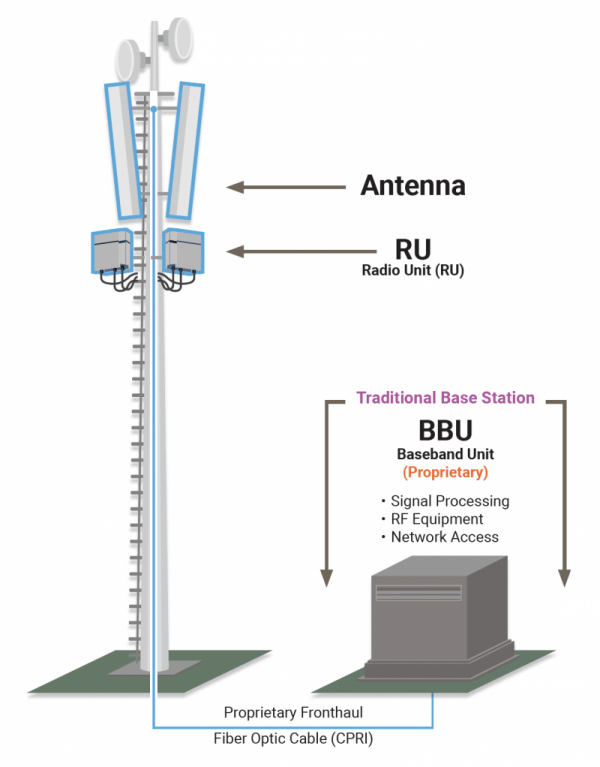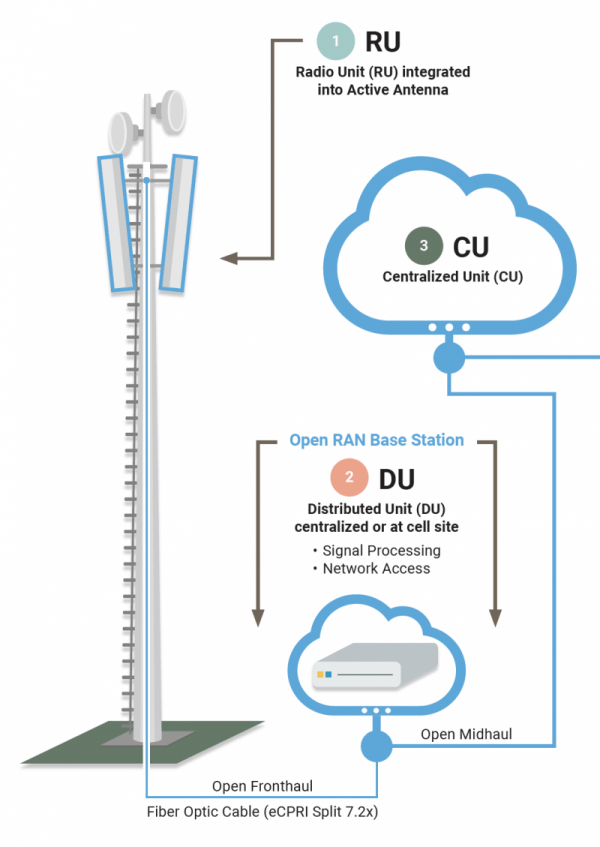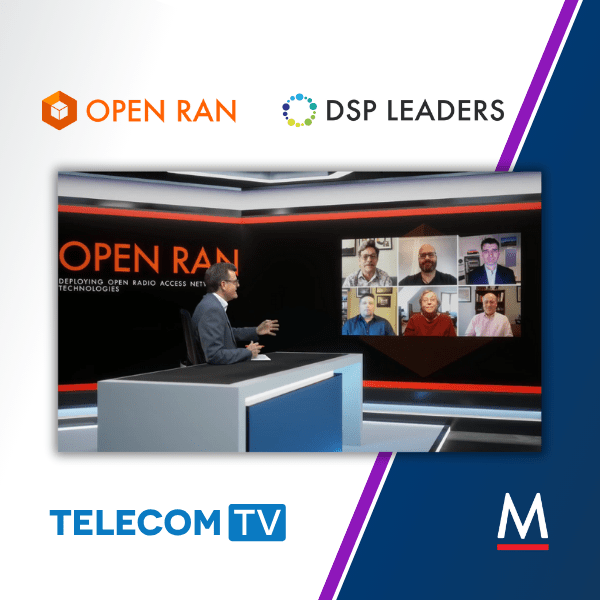
ACCELERATING NETWORK TRANSFORMATION
Open RAN architecture allows for disaggregation of hardware and software components of the RAN network, and the use of open interfaces and protocols to enable interoperability and integration of network elements from different vendors.
Open RAN principles present an efficient way of building networks that ensures interoperability, virtualization, vendor flexibility, element security, and a cloud-native approach that reduces the total cost of ownership (TCO) across the radio access networks (RAN).
Open RAN focuses on using vendor-neutral hardware and software based on open interfaces and community-developed standards, allowing communication service providers to use one supplier’s radios with another supplier’s RAN applications.
With 5G deployment plans in full swing, communication service providers around the globe are using the opportunity to transform their mobile networks by adopting innovative cloud-native solutions provided by a strong Open RAN ecosystem.
Open vRAN
Mavenir’s Open vRAN is the world’s first disaggregated, fully containerized & virtualized RAN solution compliant with 3GPP & O-RAN standards. It leverages open interfaces, virtualization and web-scale containerisation to support various deployment scenarios – including private, hybrid cloud, and public cloud – resulting in nearly 40% savings in TCO over 5 years.

WHAT IS OPEN RAN?
TRADITIONAL RAN
This means that nearly all of the equipment comes from one supplier and that operators are unable to, for example, deploy a network using radios from one vendor with hardware and software from another vendor.
Mixing and matching cell sites from different providers typically leads to a performance reduction. The result is that most network operators, while supporting multiple RAN vendors, will deploy networks using a single vendor in a geographic region.


OPEN RAN
The key concept of Open RAN is “opening” the protocols and interfaces between the various subcomponents (radios, hardware and software) in the RAN. As a technical matter this is what the industry refers to as a disaggregated RAN. The benefits of this approach include increased network agility and flexibility, increased innovation and cost savings.
There are three primary elements in the RAN:
- The Radio Unit (RU) is where the radio frequency signals are transmitted, received, amplified and digitized. The RU is located near, or integrated into, the antenna.
- The Distributed Unit (DU) is where the real-time, baseband processing functions reside. The DU can be deployed at the cell site or concentrated in aggregated locations.
- The Centralized Unit (CU) is where the less time-sensitive packet processing functions typically reside.
It is the interfaces between the RU, DU and the CU that are the main focus of Open RAN. By opening and standardizing these interfaces (among others in the network), and incentivizing implementation of the same, we move to an environment where networks can be deployed with a more modular design without being dependent upon a single vendor. Making these changes can also allow the DU and CU to be run as virtualized software functions on vendor-neutral hardware.


THE BENEFITS OF OPEN RAN
TCO Savings
Disaggregation allows the virtualization of RAN functions, which can be deployed on any cloud infrastructure. It leverages the cloud automation and analytic tools for scale-out and scale-in the RAN infrastructure as needed. In addition, disaggregation allows optimum use of network resources with the capability to expand by leveraging web-scale economies – all of which contributes to TCO savings.

























